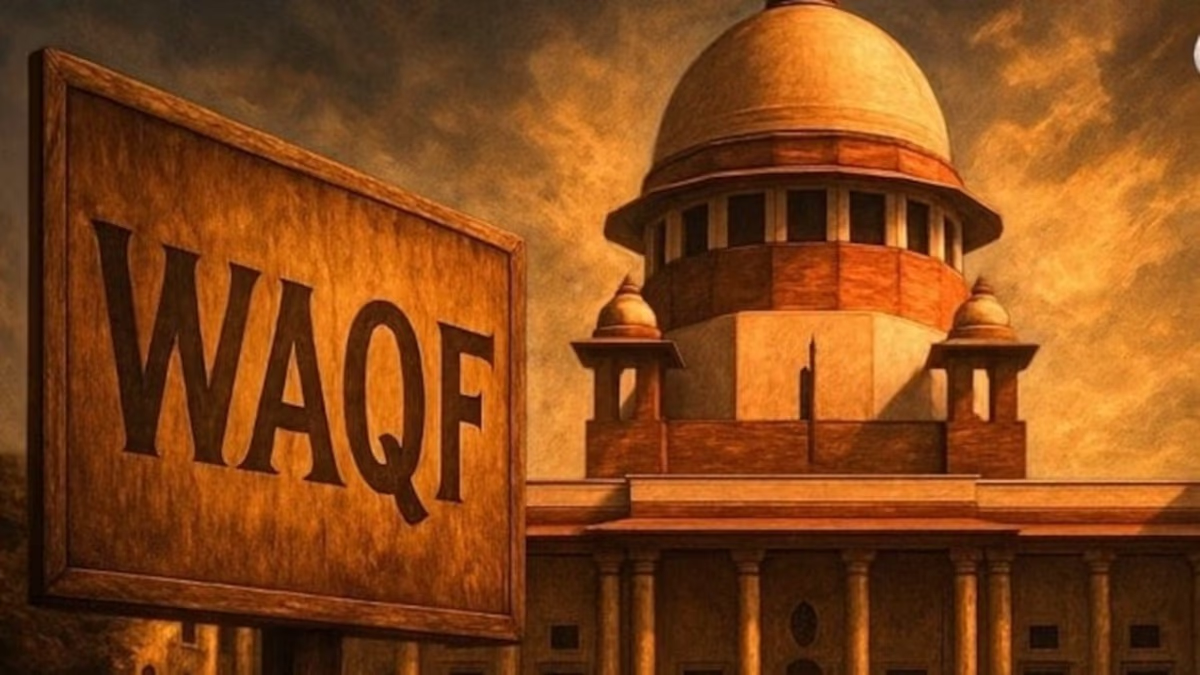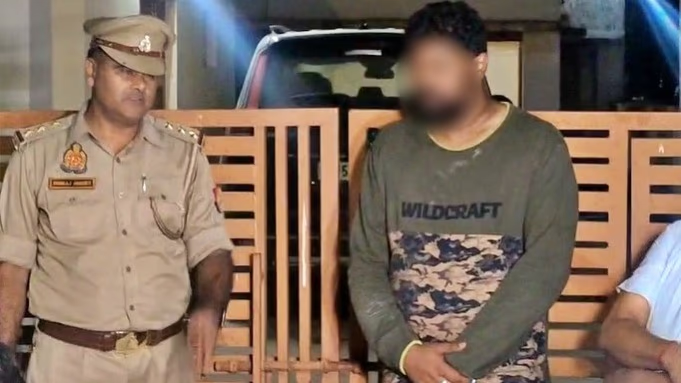The Supreme Court on Tuesday began a decisive hearing on petitions challenging amendments to the Waqf laws. On the first day, five senior lawyers presented arguments on behalf of the petitioners for nearly three and a half hours. The lawyers primarily accused the new Waqf Act of undermining the religious rights of the Muslim community and the concept of Waqf.
At the start of the hearing, the Solicitor General mentioned that the previous hearing discussed three issues—appointment of board members, waqf by user, and the role of the district magistrate. The government had given an undertaking to the Supreme Court on these three points and filed responses accordingly. He urged that the court should focus solely on these issues.
"This Law is a Tool for Control and Acquisition"
Kapil Sibal opposed this by saying that they would present arguments on all aspects and challenged the court to show an order where only three issues had been decided. Sibal argued, "This law is a tool for control and acquisition."
Kapil Sibal argued that the new Waqf law is completely unconstitutional. He contended that the law was created to control and seize Waqf property. As an example, he stated that the new law says that until the collector's investigation is complete, the property cannot be considered waqf—even though the process of waqf occurs in the name of Allah and, once waqf, it lasts forever.
The court questioned if offerings at shrines change the nature of the property. Sibal clarified that he was referring to mosques, where no offerings come, and this is an example of waqf by user—like the Babri Mosque.
The CJI asked whether registration of waqf property was mandatory under the old laws. Sibal explained that under the 1923 law, it was essential for the mutawalli and the word 'shall' was used, but the CJI indicated that saying 'shall' alone does not prove compulsion unless there is a penalty for violation. Sibal responded that the law only provided that if the mutawalli did not register, they would lose their rights. There is no strict penalty.
"Why Tell the Government We Are Muslims?"
Sibal particularly emphasized that the new law has no independent judicial process. To challenge the collector's decision, one must go to court, and until a decision is made, the property cannot be considered waqf. The CJI questioned whether the waqf status of the property automatically ends if an investigation starts. Sibal said—"Yes, it will not be considered waqf."
Kapil Sibal raised another significant point: the new law requires five years of authentic faith to perform waqf for Muslims. He said, "Why should I show the government that I am a Muslim? And why should I wait five years?" He deemed this a violation of Articles 14, 25, and 26.
Removing Waqf by User is Wrong: Kapil Sibal
Kapil Sibal said that removing "waqf by user" is completely wrong. This property is dedicated to God and can never be terminated. Now, only registered waqf will be recognized. The Supreme Court bench meanwhile pointed out, "There are many waqf property disputes in Aurangabad."
The court mentioned several disputes related to waqf properties in the Aurangabad region of Maharashtra. Sibal humorously remarked—"Yes! It's in our DNA to cause obstruction. Now even a village panchayat or a private person can file a complaint." The court will now hear this case on Wednesday.




